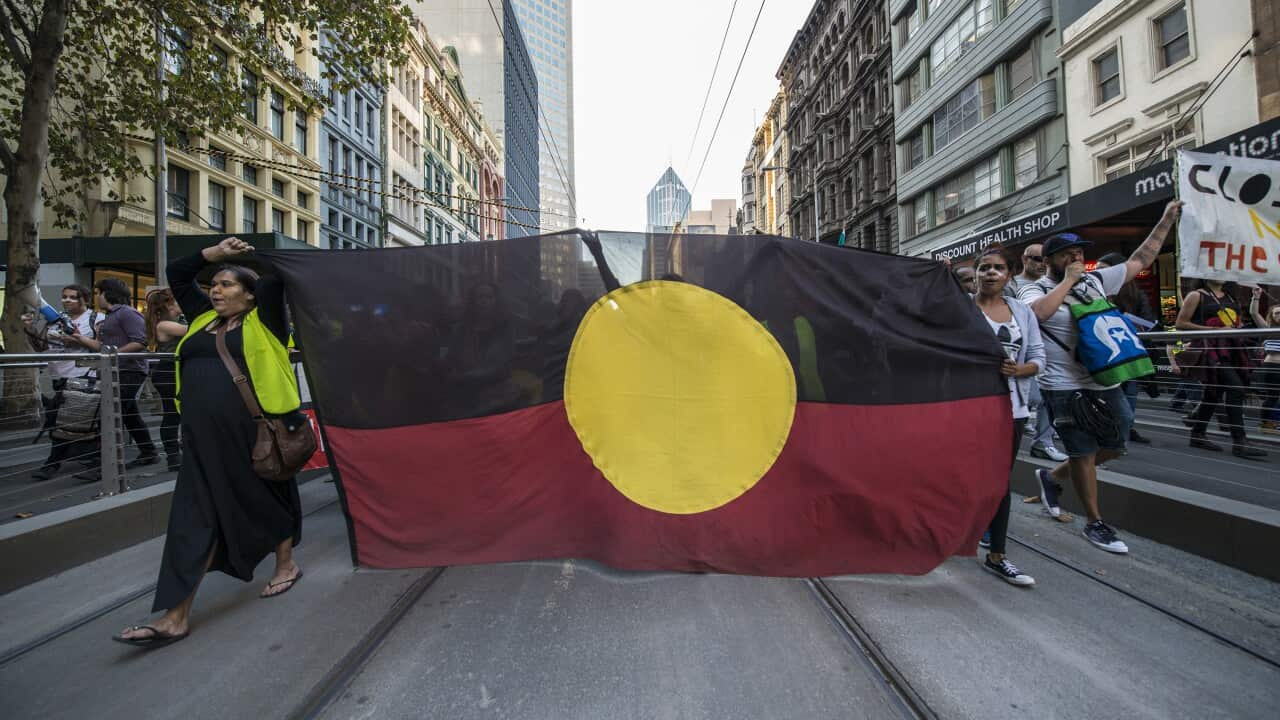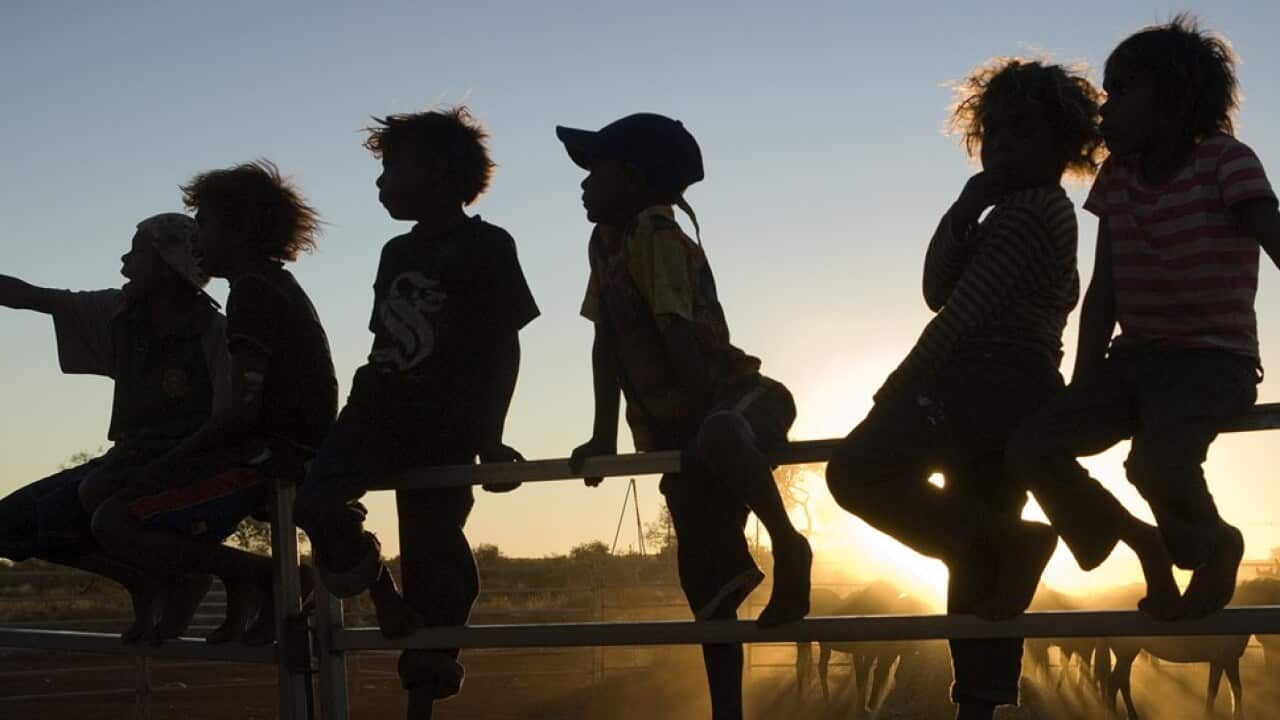NITV: It’s been 40 Years since the Racial Discrimination Act was adopted. Yet Australian society was very different in 1975. The Indigenous rights movement was in its infancy and racism against Aboriginal and Torres Strait Islanders was still embedded in many policies and practiced with, for example, child removal continuing well into the 70s.
Dr Tim Soutphommasane: During the past four decades, the Racial Discrimination Act has been the foundation of racial equality and multiculturalism. It is the law that protects all Australians from racial discrimination.
Before the Act was introduced there was little that people could do in response to experiencing racial discrimination. The law was not on the side of many victims of discrimination, including Aboriginal and Torres Strait Idlander peoples. The Act makes racial discrimination unlawful. Among its many achievements, the Racial Discrimination Act has been instrumental to the recognition of Native Title.
Among its many achievements, the Racial Discrimination Act has been instrumental to the recognition of Native Title.

Dr Tim Soutphommasane, Race Discrimination Commissioner. Source: Supplied
Aboriginal and Torres Strait Islander people's continue to seek remedy through the Act. Overwhelmingly, Aboriginal and Torres Strait Islander peoples utilise the Commission's conciliation service for matters of racial discrimination more than any other group.
The law was not on the side of many victims of discrimination, including Aboriginal and Torres Strait Idlander peoples. The Act makes racial discrimination unlawful.
NITV: It’s no secret that Aboriginal communities throughout Australia experience high rates of incarceration, legal injustice and major health concerns.
Indigenous Peoples have also suffered political disadvantage, being denied self-determination, and land and resource rights.
What role has and does racism play, in your opinion, in creating these issues and what role could eradicating racism play in healing communities?
Dr Tim Soutphommasane: Combatting racism is an important part of addressing broader human rights and social injustices.
More needs to be done to educate Australians on their attitudes to race, and to ensure institutions don't discriminate on the basis of race.
RELATED STORY

How to hire Indigenous employees: New guide released
NITV: Current conversations about racism often refer to ‘multicultural’ Australia and acts of discrimination perpetrated against newly arrived immigrants. However, Australia has a long history of institutional, systemic and social racism perpetrated against Indigenous Australians: this country’s first peoples.
Why do you think Aboriginal and Torres Strait Islander peoples are often excluded from conversations about racism and some acts that are clearly racist – like recent social media attacks on Adam Goodes in his new role as David Jones ambassador – can be judged by the masses as acceptable?
Dr Tim Soutphommasane: I believe Aboriginal and Torres Strait Islander people are included in conversations about racism.
Recent debates and discussion about the experience of Adam Goodes being booed by football fans, and criticised in his new role as ambassador to a department store, is an example of this. The vast majority of Australians reject racism and would judge the racism directed at Adam Goodes as unacceptable.
There's no one group that alone experiences racism. Aboriginal and Torres Strait Islander peoples experience racism in the most systemic way.
The consultations we conducted this year, to coincide with the Racial Discrimination Act, found that Aboriginal and Torres Strait Islander people continue to face systemic institutional discrimination.
NITV: What impact will recognising Indigenous Australians in our Constitution have on racism perpetrated against Indigenous Australians, if it gets through the parliament?
Dr Tim Soutphommasane: The recognition of Aboriginal and Torres Strait Islander peoples in the Constitution would redress one of the moral deficiencies in our founding document, right old wrongs and make a statement about racial equality.
In its current form, the document says nothing about Indigenous people as the first Australians, and it contains two sections which permit discrimination on the ground of race.
Our Constitution should be purged of ideas about racial superiority and the natural order of imperial power. It is time that we guarantee that all Australians have a protection from racial discrimination.
The recognition of Aboriginal and Torres Strait Islander peoples in the Constitution would redress one of the moral deficiencies in our founding document, right old wrongs and make a statement about racial equality.
NITV: What do you think the solution is to ensure that Indigenous peoples, now and in the future, enjoy the same social and economic rights as other parts of the population?
Dr Tim Soutphommasane: Achieving racial equality can not be achieved through legislation alone. No law in isolation can change a society. We must do more to change attitudes within our society, prevent racial prejudice in employment and eradicate systemic institutional discrimination.
The basic task is one of education and empowerment.
Through the campaign and the broader work of the Commission, we are playing our part to educate the community and empower people to stand up for their rights.










